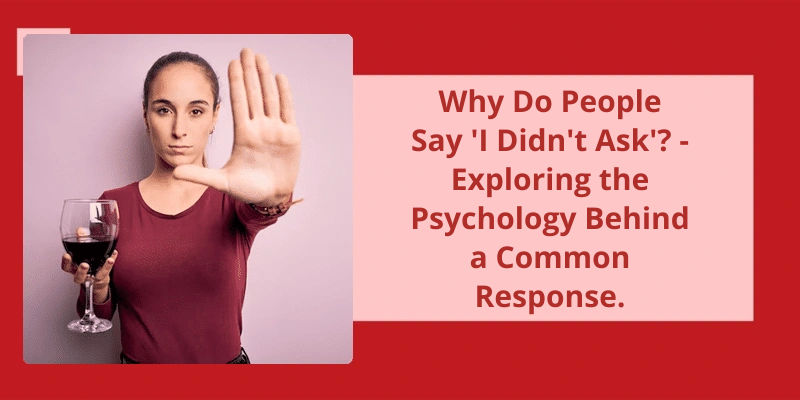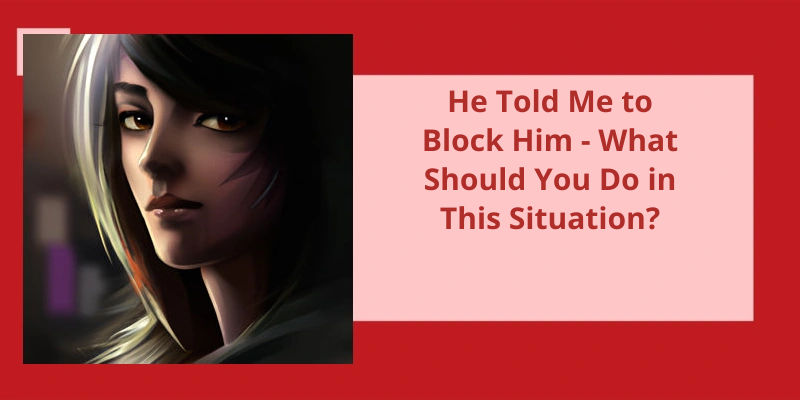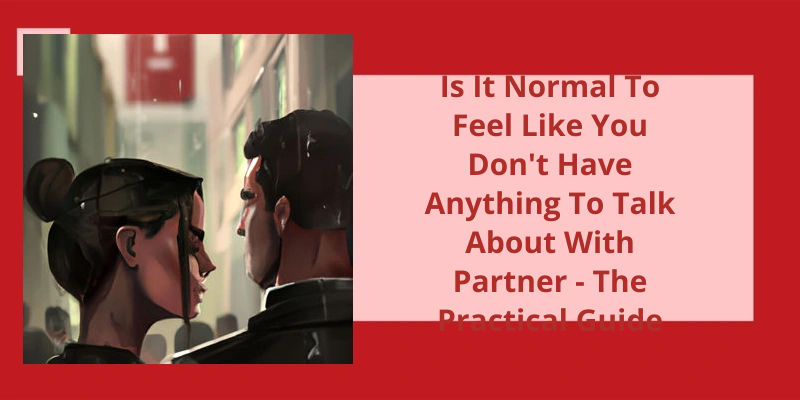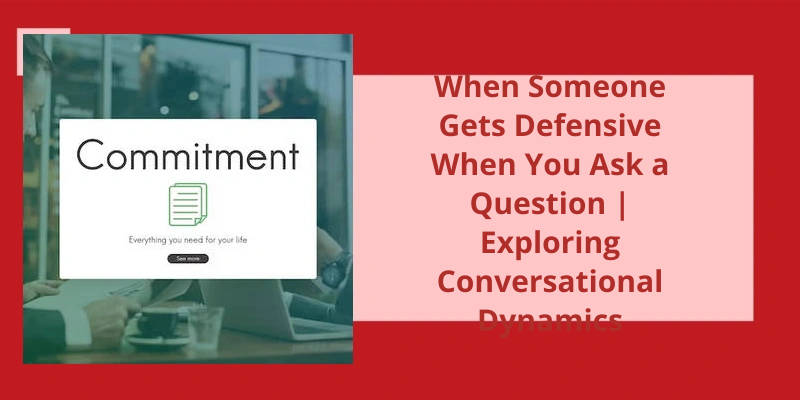Communication is a fundamental aspect of human interaction. It’s through our ability to exchange ideas, thoughts, and feelings that we’re able to create meaningful relationships and foster connections with each other. However, not all forms of communication are necessarily welcome or appreciated. In fact, unsolicited opinions or criticism can often be perceived as intrusive, disrespectful, or even hurtful. It’s in these instances that the phrase "I didn't ask" often comes into play. But why do people feel the need to use this phrase, and what does it say about the way we interact with each other? Through a deeper understanding of the way we communicate and the factors that shape our responses, we can begin to unravel the complexities of this common phrase and it’s underlying implications.
What to Say if Someone Say I Didn T Ask?
It can be quite frustrating when someone responds to something you say by saying “I didnt ask.”. It can be particularly hurtful if you were trying to share something important or interesting with that person. However, it’s important to remember that this response says more about the other person than it does about you.
One possible comeback to this type of response is to say something like “Just because you didnt ask doesn’t mean you didnt need to be told.”. This can help to remind the other person that they might still benefit from what you’re saying, even if they didnt specifically ask for it. You can also point out that sometimes people don’t know what they don’t know, and that it can be helpful to share information even if nobody specifically asked for it.
Alternatively, you could try using humor to diffuse the situation. This can help to take the sting out of their response and perhaps even make them feel a little silly for saying it.
Another possible comeback is to simply say “Well, nobody asked you, either, but it seems that we all have to listen.”. This can be a bit more confrontational, but it can also help to make clear that you’ve just as much right to speak as they do.
If youre feeling particularly daring, you could try a more aggressive comeback like “Well, someone should have.”. This can be a good response if you feel like the other person is being particularly dismissive or rude, but it should be used sparingly.
Finally, if youre feeling particularly annoyed, you could respond with a simple “Nobody asked you.”. This can be a good way to shut the other person down and make it clear that youre not interested in hearing any more from them. However, it’s important to remember that using this type of response too often can make you seem closed off or defensive.
Now that we’ve a better understanding of what “don’t ask” means, let’s explore some situations where this phrase might be used in everyday conversation.
What Does Don’t Ask Mean?
“Dont ask” is a common phrase in colloquial conversations that’s used to avoid discussing or disclosing information about a particular situation. The expression is generally used in scenarios where one tries to fend off questions that are awkward, unpleasant, or unsatisfactory. The phrase is quite versatile and can be used in different contexts.
For example, suppose someone asks about a recent job interview that didn’t go well. In that case, the interviewee may reply with “dont ask” as a way of indicating that the interview was not successful and isn’t willing to discuss the matter further. Similarly, the phrase can be used to evade questions about a break-up, a financial problem, or any other situation where one isn’t ready or willing to talk about it.
In a situation where someone is talking about a movie or book that one didn’t enjoy, one can use the phrase “dont ask” to indicate that they didn’t like it and don’t want to discuss it.
This phrase can be quite helpful in avoiding potential embarrassment or discomfort in conversations where personal life matters are brought up.
Used appropriately, this phrase can prevent potential discomfort or embarrassment and can be used to communicate a clear message that one isn’t willing or ready to discuss a particular topic or situation.
Conclusion
In conclusion, the phrase "I didn't ask" is a common response to unwanted opinions. It’s a defense mechanism that people use to protect themselves from criticism and negativity. We all have our own thoughts and perspectives, and it's natural to want to express them. However, it's important to remember that not everyone wants to hear them. The next time we feel the urge to offer our unsolicited opinions, let's take a step back and consider whether doing so will be helpful or harmful to the situation. We should also be open to receiving feedback, even if it wasn't explicitly requested. Ultimately, effective communication and mutual respect are key to building positive relationships with those around us.






